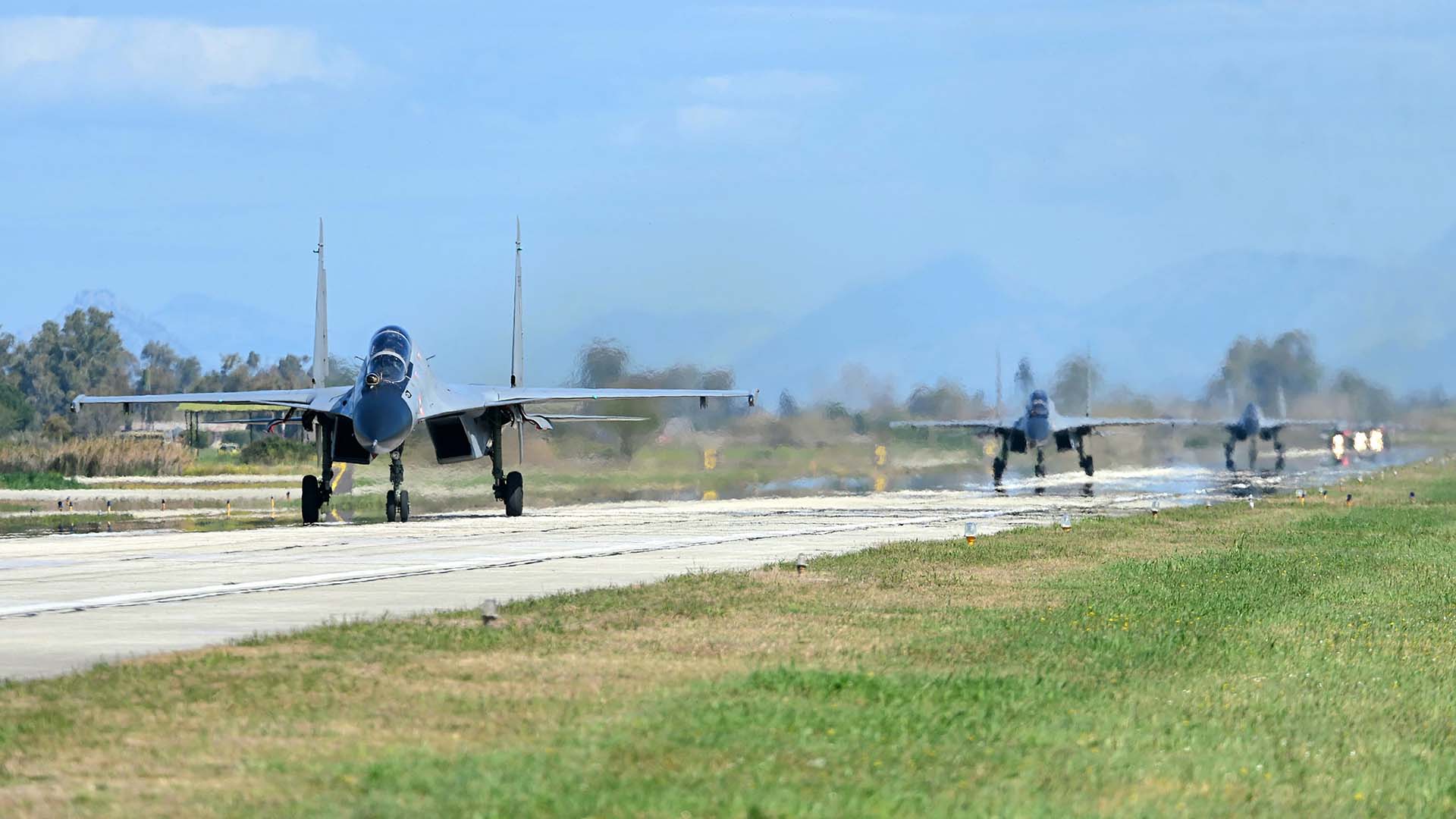Fragile Truce in Kashmir Shaken by Blasts as India, Pakistan Trade Accusations
A US-brokered truce between India and Pakistan collapsed into accusations and violence on the night of May 10th, though the following day remained calm. President Trump praised both nations' leaders and suggested US help for a Kashmir solution.

NEW YORK -- A ceasefire agreement between India and Pakistan, intended to halt days of intense cross-border strikes, unraveled within hours of its announcement on Saturday, May 10, 2025, as explosions reverberated across the disputed Kashmir region and both nuclear-armed nations leveled accusations of truce violations against each other. The swift breakdown of the accord, reportedly brokered after urgent American diplomatic intervention, casts a grim shadow over prospects for stability in the perennially volatile territory.
The Indian government, through Foreign Secretary Vikram Misri, publicly accused Pakistan of "repeated violations" of the understanding. Misri stated that India’s armed forces were delivering an "adequate and appropriate response" and called on Pakistan to address the breaches with seriousness. Conversely, Pakistan’s foreign ministry asserted its commitment to the ceasefire but blamed Indian forces for initiating violations, claiming its own military handled the situation with "responsibility and restraint." Pakistan’s Information Minister Attaullah Tarar categorically denied Indian claims, stating, "Violation of ceasefire agreement from our side is out of question."
Reports from the ground painted a chaotic picture. Multiple explosions were heard over Srinagar, the capital of Indian-administered Kashmir, with one journalist describing the scene as "like the city was being bombed." Similar blasts and sightings of projectiles were reported in Jammu, the Bhimber district of Pakistan-administered Kashmir, and even further south in the Indian state of Gujarat. Despite the immediate turmoil, some Indian news agencies reported a return to a semblance of normalcy in parts of Jammu and Kashmir by Sunday morning, though cities like Amritsar, near the Pakistani border, remained on "red alert." The subsequent day passes without further reported incident, an uneasy calm settling after the previous night's turmoil.
The ceasefire announcement itself had followed a period of high-stakes diplomacy, with US President Donald Trump claiming credit for mediating the deal after what he described as a night of Washington-led talks. Pakistani Prime Minister Shehbaz Sharif publicly thanked Trump, Vice President JD Vance, and Secretary of State Marco Rubio for their "proactive role." However, India notably downplayed American involvement, with official statements emphasizing that the truce was worked out "directly" between the two South Asian neighbors. This divergence highlights India's long-standing resistance to third-party mediation in its disputes, contrasting with Pakistan's traditional openness to international involvement.
Behind the scenes, American officials, including Vance and Rubio, who also serves as interim national security adviser, reportedly escalated their engagement after receiving new information on Friday regarding the potential for dramatic escalation. Sources indicated Vance personally called Indian Prime Minister Narendra Modi, urging de-escalation, while Rubio engaged in numerous calls with counterparts in both nations, including a significant direct conversation with Pakistan’s Chief of Army Staff, General Asim Munir, widely considered influential in Pakistan's recent military posture. The US State Department termed the ceasefire a "US-brokered" understanding, with Rubio stating the agreement included plans for broader talks at a neutral site, a claim India has not publicly corroborated.
The recent conflagration was ignited by a massacre of 26 tourists last month in Pahalgam, Indian-controlled Kashmir, an attack India swiftly blamed on Pakistan-based militants. New Delhi launched "Operation Sindoor" in response, conducting strikes in Pakistan and Pakistan-administered Kashmir. Islamabad has consistently denied any involvement in the tourist killings. This escalation, the most severe since the 1999 Kargil war, saw both sides launch missile and drone attacks, leading to casualties and civilian displacement.
For Pakistan, the ceasefire offered a chance to de-escalate, particularly as it reportedly secured an IMF bailout package late Friday, providing an economic off-ramp. Prime Minister Sharif hailed his military's response to Indian actions as having "made military history." From New Delhi's perspective, the calm is conditional. Indian officials have reportedly signaled that any future terror attack originating from Pakistan will be deemed an "act of war," indicating a significantly lowered threshold for retaliation. Punitive measures, including the suspension of the World Bank-mediated Indus Waters Treaty and trade restrictions, remain in place.
International bodies, including the Organization of Islamic Cooperation (OIC) and the European Union, welcomed the initial ceasefire announcement and urged sustained dialogue. Kaja Kallas, the EU's top diplomat, emphasized that "all efforts must be made to ensure it is respected." Experts, such as Professor Ayesha Jalal of Tufts University, stressed the critical need for India and Pakistan to establish robust, ongoing communication channels to prevent future incidents from spiraling into wider conflict.
With thousands displaced and living in fear, some residents in Indian-administered Kashmir expressed relief as guns fell silent, at least temporarily. The Indus Waters Treaty, a crucial water-sharing pact, remains suspended, a casualty of the heightened tensions, alongside visa cancellations and trade suspensions.
The rapid recriminations and renewed violence underscore the deep-seated mistrust and the precariousness of any peace initiative in the region. Kashmir, claimed in full by both Hindu-majority India and Muslim-majority Pakistan but divided between them, has been the crucible of three wars and countless skirmishes since their independence in 1947. As the dust settles from the latest round of explosions, the path to a lasting resolution appears as elusive as ever, with the uneasy truce hanging by a thread.
